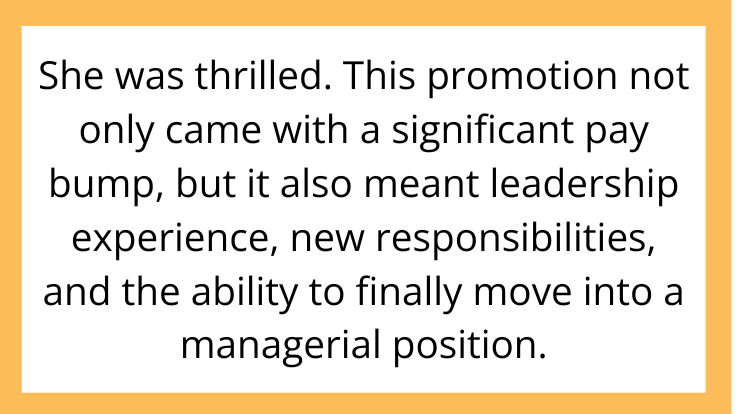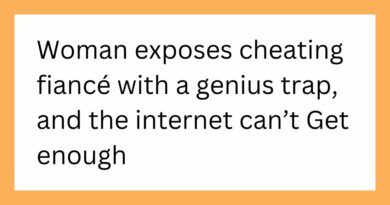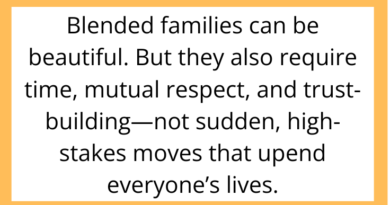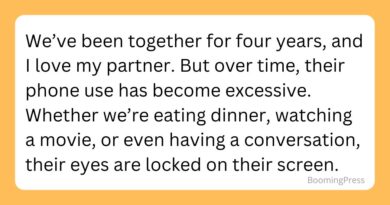AITAH for Not Giving Up My Promotion to Help a Struggling Coworker?
In today’s competitive work culture, ambition and compassion often find themselves at odds. What happens when a once-supportive colleague becomes a direct competitor—and asks you to sacrifice your success for their stability?
This AITAH scenario explores just that: a rising employee offered a career-changing promotion… and a coworker who thinks it should’ve gone to them.
The Backstory: From Work Friends to Workplace Rivals

A 28-year-old marketing analyst—we’ll call her Zara—shared her dilemma on the r/AITAH subreddit. After four years of dedication, extra hours, and stellar performance reviews, Zara was offered a senior marketing role within her company.
She was thrilled. This promotion not only came with a significant pay bump, but it also meant leadership experience, new responsibilities, and the ability to finally move into a managerial position.
But not everyone was celebrating.
Her coworker, Mike, 34, who had been with the company longer but hadn’t performed as consistently, was visibly upset. Days later, he approached Zara with a heartfelt plea.
The Ask: “Can You Let Me Have It Instead?”

Mike confessed he was struggling—financially and emotionally. He was supporting a family of five, had recently gone through a rough divorce, and feared losing his job if he didn’t show upward mobility soon.
“I need this more than you,” he told Zara. “You’re young. You’ll get more chances. Just talk to management and ask them to consider me instead.”
Zara was stunned. She had worked hard for the promotion and earned it on merit. But the guilt started creeping in. She began to wonder: Was she being selfish for not stepping aside?
She turned to Reddit for judgment: AITAH for keeping the promotion instead of giving it to someone who says they need it more?
The Debate: Merit vs. Sympathy

Zara’s Side: Earning It Should Count
Zara had every right to accept the promotion. She met every goal, exceeded expectations, and was selected because she performed—not because of anyone else’s needs or history.
While empathy is important, giving up a hard-earned opportunity sets a dangerous precedent. What happens if “need” begins to outweigh ability in every promotion?
She also wasn’t responsible for Mike’s personal struggles. Everyone has their own battles, and using guilt as leverage isn’t fair.
Mike’s Side: When Life Hits Hard
On the other hand, Mike’s request came from a place of desperation, not manipulation—at least in his view.
He likely felt overlooked, and watching someone younger and newer rise faster may have added to his stress. His appeal was rooted in survival, not competition.
Still, many argue that this kind of emotional appeal has no place in professional promotions. Career growth should be based on performance, not pity.
Reddit Responds: Strong Support for Zara
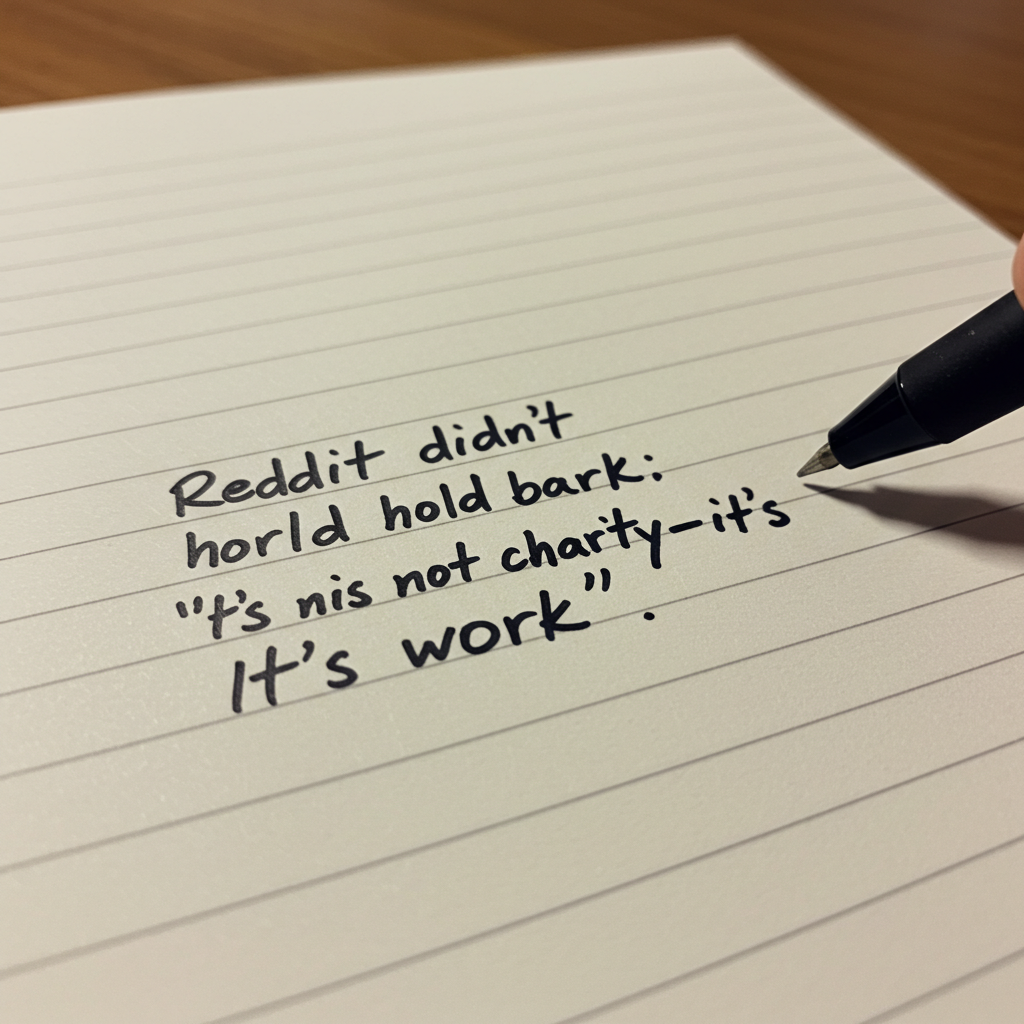
The AITAH community didn’t mince words.
“Absolutely not the villain,” one user wrote. “This isn’t a charity. You worked for it. He didn’t. End of story.”
Another pointed out the professional danger in Mike’s behavior: “It’s inappropriate to even ask someone to turn down a promotion. That’s pressure, not a request.”
Some did acknowledge that Mike’s situation sounded painful, and while Zara shouldn’t give up the promotion, they suggested her company look into ways to support him professionally.
But no one thought she owed him her career.
The Workplace Lesson: Boundaries in Professional Settings
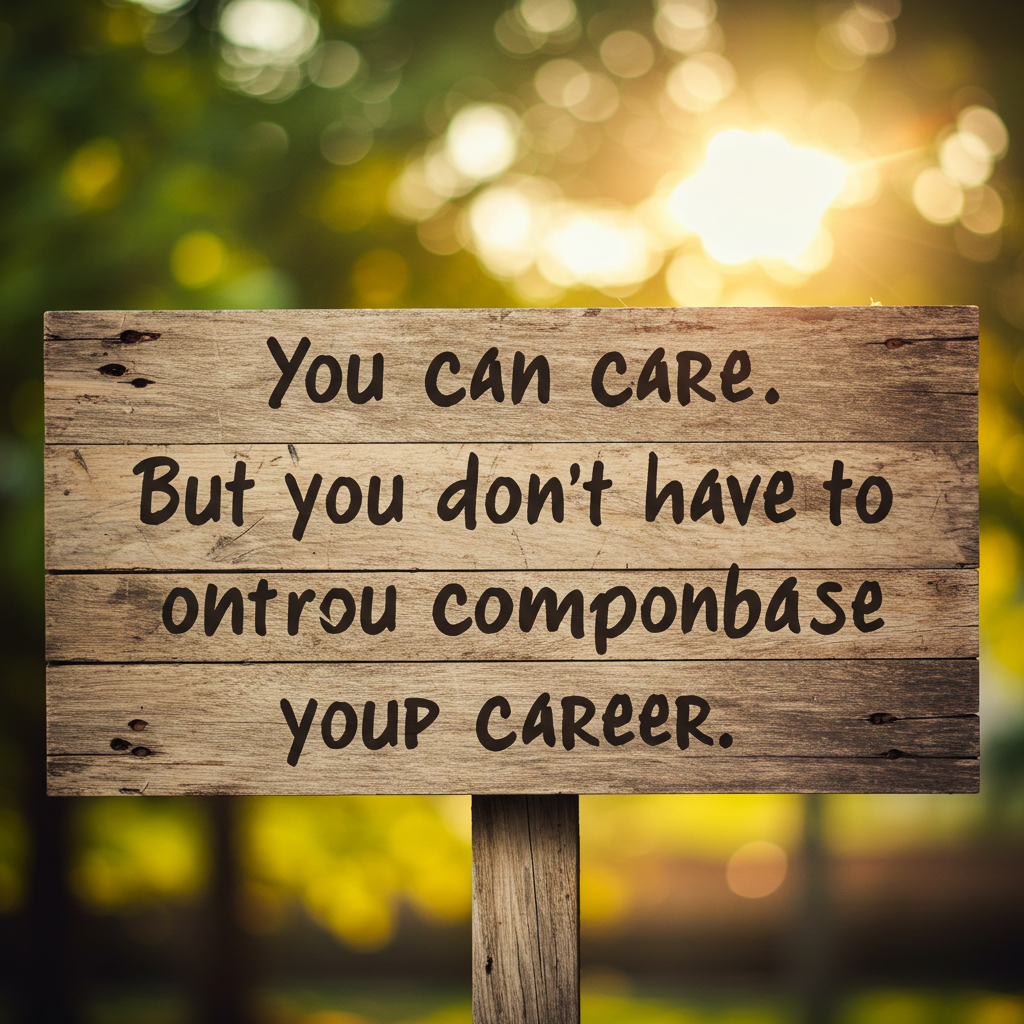
This story raises an important question about emotional labor in the workplace: Where do we draw the line between being supportive and being taken advantage of?
Key Takeaways:
-
Success doesn’t make you selfish. You can be empathetic without sacrificing your own goals.
-
Promotions should be earned, not gifted. Career growth depends on performance, consistency, and initiative.
-
It’s okay to say no. Especially when saying yes would mean giving up something you’ve worked hard for.
Zara wasn’t unkind—she was simply honoring the work she’d put in. And that isn’t being the villain. That’s being fair to yourself.
Navigating Guilt at Work: Tips for Professionals

If you ever find yourself in a similar situation, here’s how to handle it:
-
Stay grounded in facts. Focus on your achievements and the work you’ve done to earn recognition.
-
Communicate with compassion. Acknowledge others’ struggles, but maintain your boundaries.
-
Redirect support. If you truly want to help, advocate for mentoring or opportunities that don’t come at your expense.
-
Avoid peer pressure. Guilt shouldn’t be used as a bargaining chip in professional settings.
Final Thoughts: You’re Not the Villain for Choosing Yourself

In a world that often glorifies self-sacrifice, choosing yourself can feel wrong—even when it’s right. But the truth is, setting boundaries isn’t selfish. It’s healthy. Especially in environments where performance and potential should lead the way.
Zara earned her promotion, and keeping it didn’t make her a villain—it made her confident and capable.
